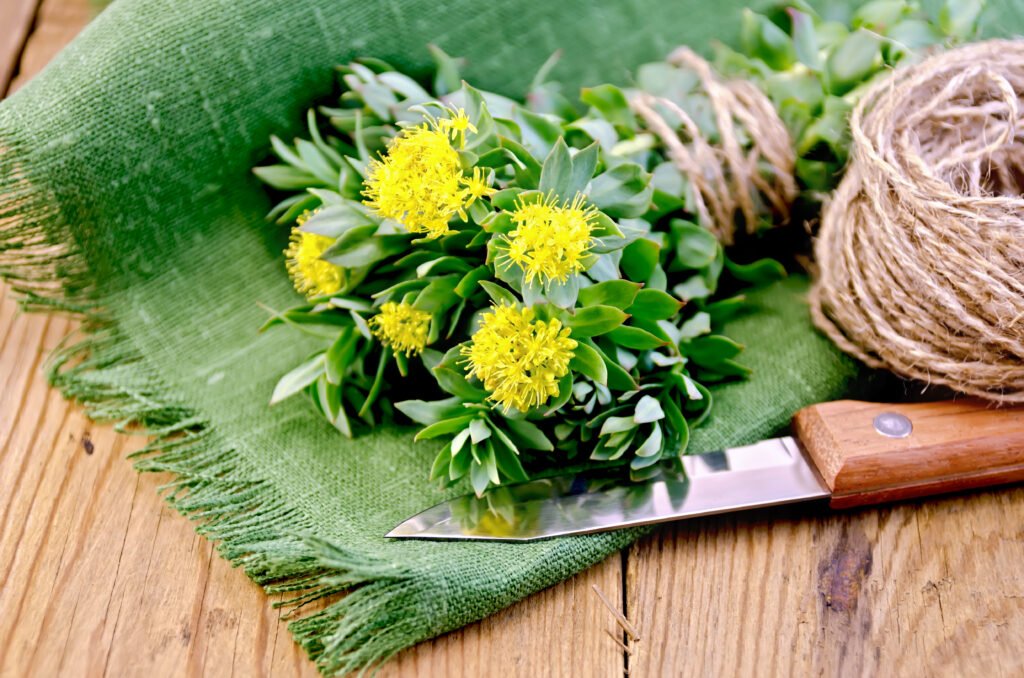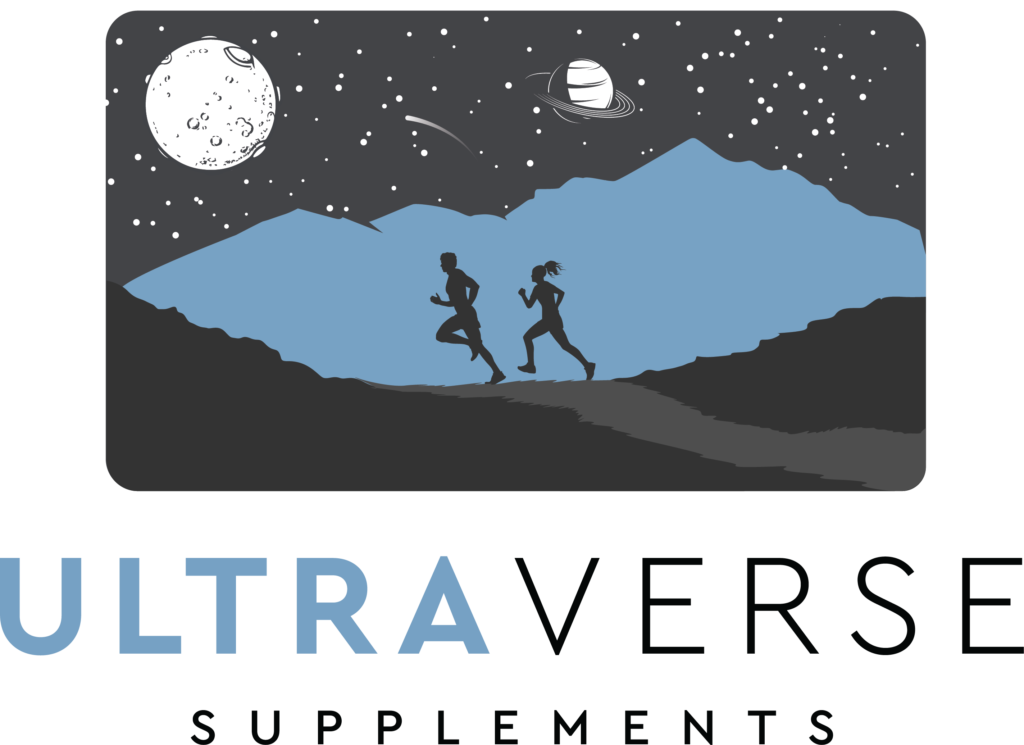Uncategorized
5 Great Benefits of Rhodiola Rosea for Endurance
Read this blog to learn all about the benefits of Rhodiola Rosea for endurance athletes.
Rhodiola Rosea – What is It?
Rhodiola Rosea is a flowering plant that grows in cold regions and high altitudes in Europe and Asia. It is an adaptogenic herb, meaning that it aids in the adaptation to stress and improves the ability to adapt and recover. Countries such as Russia and Scandinavia have used Rhodiola medicinally for a long time.
Traditionally, Rhodiola was used to increase endurance and treat fatigue and weakness.
Fun fact time: The use of Rhodiola can be traced back to the time of the Vikings. They ingested Rhodiola to boost their strength and endurance while pillaging and raiding villages; super fun stuff. That being said, please don’t act like a Viking! I hope that’s not why you are here learning about Rhodiola.
What is Rhodiola Rosea good for (besides boosting your raiding and pillaging skills)?
If you’d like to read all the research on Rhodiola Rosea for endurance, keep on reading. If not, here are the highlights of what the studies have found:
- Decreases fatigue/increases alertness
- Increases cognition (likely due to reduced fatigue levels)
- Decreases muscle damage
- Increases time to exhaustion
- Improves cortisol response

The Research on Rhodiola Rosea for Endurance
Numerous scientific studies show several benefits of Rhodiola supplementation. In a study on marathon runners, researchers found that Rhodiola supplementation induced antiviral activity. These results indicate Rhodiola may exert protective effects against viral replication following prolonged, intense exercise (Ahmed et al., 2015).
There is also evidence that Rhodiola supplementation decreases heart rate response to exercise. Cyclists performed a 6-mile time trial significantly faster and at a perceived easier exertion level after taking Rhodiola than those taking a placebo (Noreen et al., 2013). Participants also showed lower heart rates during a 10-minute warmup.
This evidence is further supported by another study that found Rhodiola supplementation enhanced aerobic performance (Ballmann et al., 2018). Parisi et al. (2010) found that chronic Rhodiola supplementation reduced lactate levels and skeletal muscle damage parameters after exhaustive exercise. Increased lactate levels result in burning, tight, and heavy legs when running or exercising.
Another study investigated the effects of Rhodiola on stress-induced fatigue. These researchers found that participants taking Rhodiola had significantly lower general fatigue under stressful conditions than those taking a placebo (Darbinyan et al., 2000).
Even further, researchers noted no side effects. There is a low occurrence of side effects when taking Rhodiola. Another study found that repeated administration of Rhodiola extract increased the ability to concentrate and decreased cortisol response to stressful events (Olsson et al., 2009).
Side note:
If you haven’t read Chase’s blog about some of the physiological changes that take place in endurance and ultra-endurance athletes, you should. You will read about the side effects that Rhodiola can help mitigate.
How Should I take Rhodiola Rosea for Endurance?
Research shows that 50-500 mg of Rhodiola extract (conferring 3% rosavins and 1% salidroside) proves the most effective. Furthermore, to reap the most benefits from taking Rhodiola Rosea for endurance, you should take it daily. Thus far, there is no tolerable upper intake level for Rhodiola, and it is considered safe and extremely well-tolerated (Panossian et al., 2010).
Where Can I Get Some?
Now that I have (hopefully) convinced you that Rhodiola is an excellent herbal supplement, I am sure you want to know where to get some. T – 30, our daily endurance formula, contains 150 mg of Rhodiola extract standardized to 3% rosavin and 1% salidroside.
By taking the daily suggested amount of T – 30, you will be within the recommended dosage range. So, stop reading, take some T – 30 and crush your goals (as long as they don’t include raiding and pillaging)!
*If you would like to learn about the other ingredients in T – 30, you should check out Chase’s blog. A lot of research went into these ingredients!
-Disclaimer: Ultraverse Supplements does not condone the raiding and pillaging of villages, and will not be held responsible should you choose to do so!
**Use common sense, and always listen to your doctor over a blog post. They know more about your personal health situation than anybody behind a keyboard. If you have underlying medical conditions, always check with your doctor before starting a new supplementation routine.
References
Ahmed, M., Henson, D. A., Sanderson, M. C., Nieman, D. C., Zubeldia, J. M., & Shanely, R. A. (2015). Rhodiola rosea exerts antiviral activity in athletes following a competitive marathon race. Frontiers in Nutrition (Lausanne), 2, 24. doi:10.3389/fnut.2015.00024
Ballmann, C. G., Maze, S. B., Wells, A. C., Marshall, M. R., & Rogers, R. R. (2019). Effects of short-term rhodiola rosea (golden root extract) supplementation on anaerobic exercise performance. Null, 37(9), 998-1003. doi:10.1080/02640414.2018.1538028
Darbinyan, V., Kteyan, A., Panossian, A., Gabrielian, E., Wikman, G., & Wagner, H. (2000). Rhodiola rosea in stress induced fatigue–a double blind cross-over study of a standardized extract SHR-5 with a repeated low-dose regimen on the mental performance of healthy physicians during night duty. Phytomedicine : International Journal of Phytotherapy and Phytopharmacology, 7(5), 365-371. doi:S0944-7113(00)80055-0 [pii]
Noreen, E., Buckley, J., Lewis, S., Brandauer, J., & Stuempfle, K. (2013). The effects of an acute dose of rhodiola rosea on endurance exercise performance. Journal of Strength and Conditioning Research, 27(3), 839-847. doi:10.1519/JSC.0b013e31825d9799
Olsson, E. M., von Schéele, B., & Panossian, A. G. (2009). A randomised, double-blind, placebo-controlled, parallel-group study of the standardised extract shr-5 of the roots of rhodiola rosea in the treatment of subjects with stress-related fatigue. Planta Medica, 75(2), 105-112. doi:10.1055/s-0028-1088346 [do]
Panossian, A., Wikman, G., & Sarris, J. (2010). Rosenroot (Rhodiola rosea): Traditional use, chemical composition, pharmacology and clinical efficacy. Phytomedicine: International Journal of Phytotherapy and Phytopharmacology, 17(7), 481–493. https://doi.org/10.1016/j.phymed.2010.02.002
Parisi, A., Tranchita, E., Duranti, G., Ciminelli, E., Quaranta, F., Ceci, R., . . . Sabatini, S. (2010). Effects of chronic rhodiola rosea supplementation on sport performance and antioxidant capacity in trained male: Preliminary results. The Journal of Sports Medicine and Physical Fitness, 50(1), 57-63. doi:R40102851 [pii]






